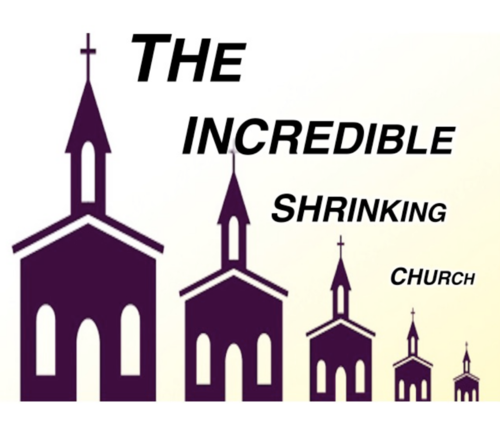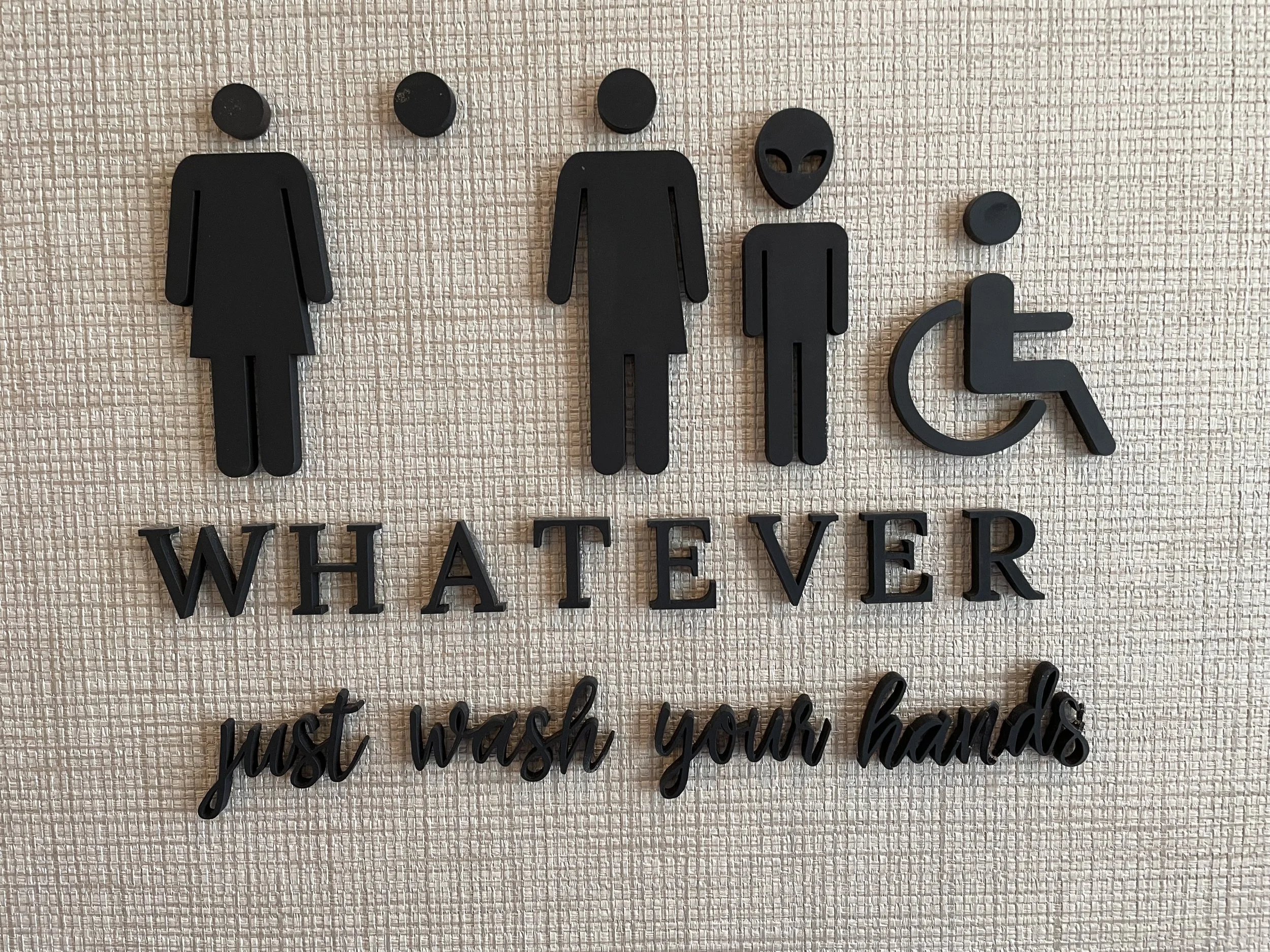What do you know: National Public Radio came to my backyard here in East Tennessee to cover an important religion-beat story. And, well, NPR saw exactly what you would expect NPR to notice, while ignoring all of the details and questions you would expect this deep-blue news organization to ignore.
Once again, we are talking about a story that is totally valid, but its producers avoided the kind of diversity in sourcing that would have made matters more complex. Here’s the headline for the online text version: “As attendance dips, churches change to stay relevant for a new wave of worshippers.”
What’s missing in this story? It’s absolutely true that there are declining churches here in the mountains of East Tennessee, especially during COVID-tide. That’s an important story. The problem is that there are also growing churches in the region (yes, including my own Orthodox parish, which has grown at least 25% in the past three years) and that’s a detail that makes this story more complex. Here is the overture:
KNOXVILLE, Tenn. — It's Sunday morning and a small group sits around a fire pit in a community garden under the limbs of an expansive box elder tree. Church is about to start. And it's cold.
"God our Father, we are just so thankful for this time that we have to share this morning," says Pastor Chris Battle, a big man with a pipe clenched in his generous smile. "And we really thank you for fire that keeps us warm even as we sit up under this tree. We just pray that you would bless our time together."
Three years ago, Battle walked away from more than three decades leading Black Baptist churches and turned his attention to Battlefield Farm & Gardens in Knoxville. They grow vegetables and sell them at a farmer's market. They also collect unsold produce from around the city and deliver it to people in public housing once a week.
Battle says he left because traditional church was not connecting with people. He felt they were turned off by the sermons, the pitches for money, the Sunday-morning formality of it all.
This brings us to the first of two thesis statements describing the big picture:
American Christianity is in the midst of an identity crisis. Attendance is in steep decline, especially among millennials and Gen Z who say traditional church doesn't speak to their realities.










